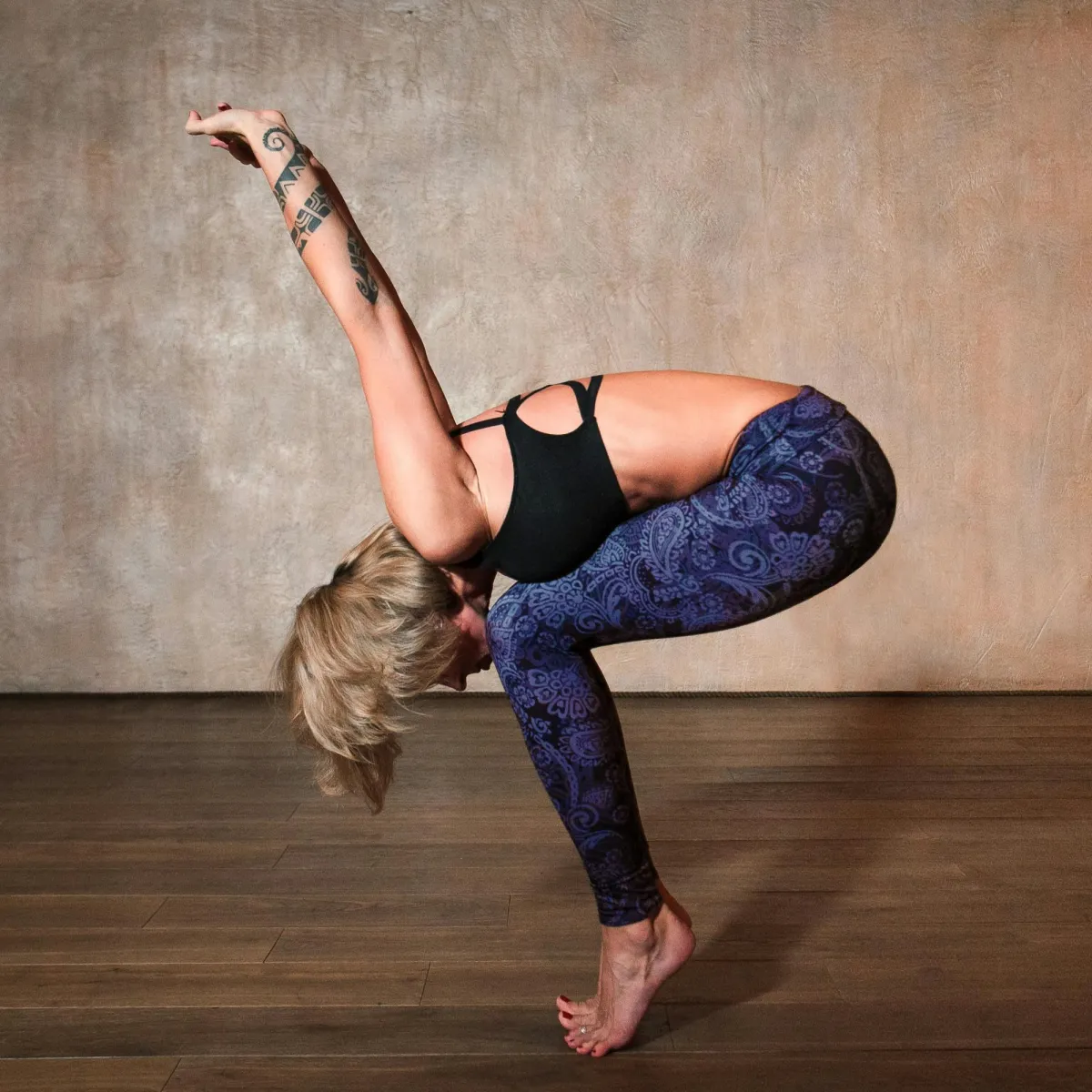OUR BLOG

Tips for Relaxation Before Bed
Struggling to fall asleep or stay asleep through the night is a common issue for many. Stress, anxiety, and a busy mind can all contribute to sleep disturbances. If you've tried various methods without success, incorporating mindfulness meditation into your nightly routine might be the solution you’ve been looking for.
Mindfulness meditation is a practice that encourages focusing on the present moment, allowing you to let go of the thoughts that typically race through your mind at night. By calming the body and mind, it can help induce relaxation, making it easier to drift off into a peaceful sleep. This practice doesn’t require any special equipment, and you can easily integrate it into your nightly routine. Below are some simple tips on how to get started with mindfulness meditation for better sleep.
1. Create a Calm Environment
Before beginning your meditation, it’s important to create an environment that promotes relaxation. This means dimming the lights, eliminating distractions, and ensuring that your space is comfortable. Consider adding calming elements, such as soft music or essential oils, to enhance the ambiance. A quiet, comfortable setting allows you to focus on the practice without interruptions, which helps your body relax and prepares it for sleep.
2. Focus on Your Breathing
One of the core principles of mindfulness meditation is focusing on the breath. Start by taking deep, slow breaths. Inhale through your nose, hold for a few seconds, and then exhale slowly through your mouth. This breathing technique calms the nervous system, allowing your mind and body to unwind. As you breathe, try to tune into the sensation of air entering and exiting your body. If your mind begins to wander, gently bring your focus back to the breath. Over time, this practice helps reduce the racing thoughts that can keep you awake.
3. Body Scan Meditation
Another effective technique for promoting relaxation is the body scan meditation. This involves mentally scanning your body from head to toe, noticing any areas of tension or discomfort. As you focus on each part of your body, consciously relax those areas. Start with your head, and move down your body to your toes. This practice encourages deep relaxation by bringing awareness to any tension you may be holding and allowing it to release.
4. Visualization for Sleep
Visualization is a powerful tool in mindfulness meditation. As you lie in bed, close your eyes and imagine a peaceful, calming scene. It could be a serene beach, a quiet forest, or a calm mountain landscape—whatever feels most relaxing to you. As you visualize, pay attention to the sights, sounds, and even smells of this peaceful place. The more vivid your mental image, the more effective the practice will be in calming your mind and helping you drift off to sleep.
5. Progressive Relaxation
Progressive relaxation is another technique that involves tensing and then relaxing different muscle groups in your body. Begin with your feet and work your way up to your head. Tense each muscle group for a few seconds, then release the tension and allow the muscles to relax. This method helps release physical tension and promotes a sense of calm, making it easier to fall asleep. It’s especially useful if you're feeling physically restless or anxious at bedtime.
6. Consistency Is Key
Like any new habit, consistency is important when practicing mindfulness meditation for sleep. Try to set aside 10 to 20 minutes each night to engage in meditation. Over time, your body and mind will start to associate this practice with relaxation and sleep. The more regularly you practice, the more effective it will become at helping you unwind before bed. Make it part of your nighttime routine, just as you might brush your teeth or wash your face before sleep.
7. Use Yoga Props to Enhance Your Practice
Incorporating yoga props into your meditation practice can help deepen your relaxation. Items such as yoga mats, blocks, bolsters, and blankets can make your practice more comfortable and allow you to fully relax your body. If you’re looking for high-quality yoga products to enhance your meditation experience, check out YogaUnited for a wide range of products that can support your practice.
Mindfulness meditation can be an excellent way to calm your mind and body before bed, improving your chances of a restful night’s sleep. Whether you choose to focus on your breath, do a body scan, or visualize a peaceful scene, the key is to stay consistent and committed to the practice. With time and patience, mindfulness meditation can become a valuable tool for improving sleep quality.
One or more of the links above are affiliate links, meaning, at no additional cost to you, we will earn a slight commission if you click through and make a purchase. Each of these products is chosen by a trusted member of our team.

Copyright 2024. All rights reserved
